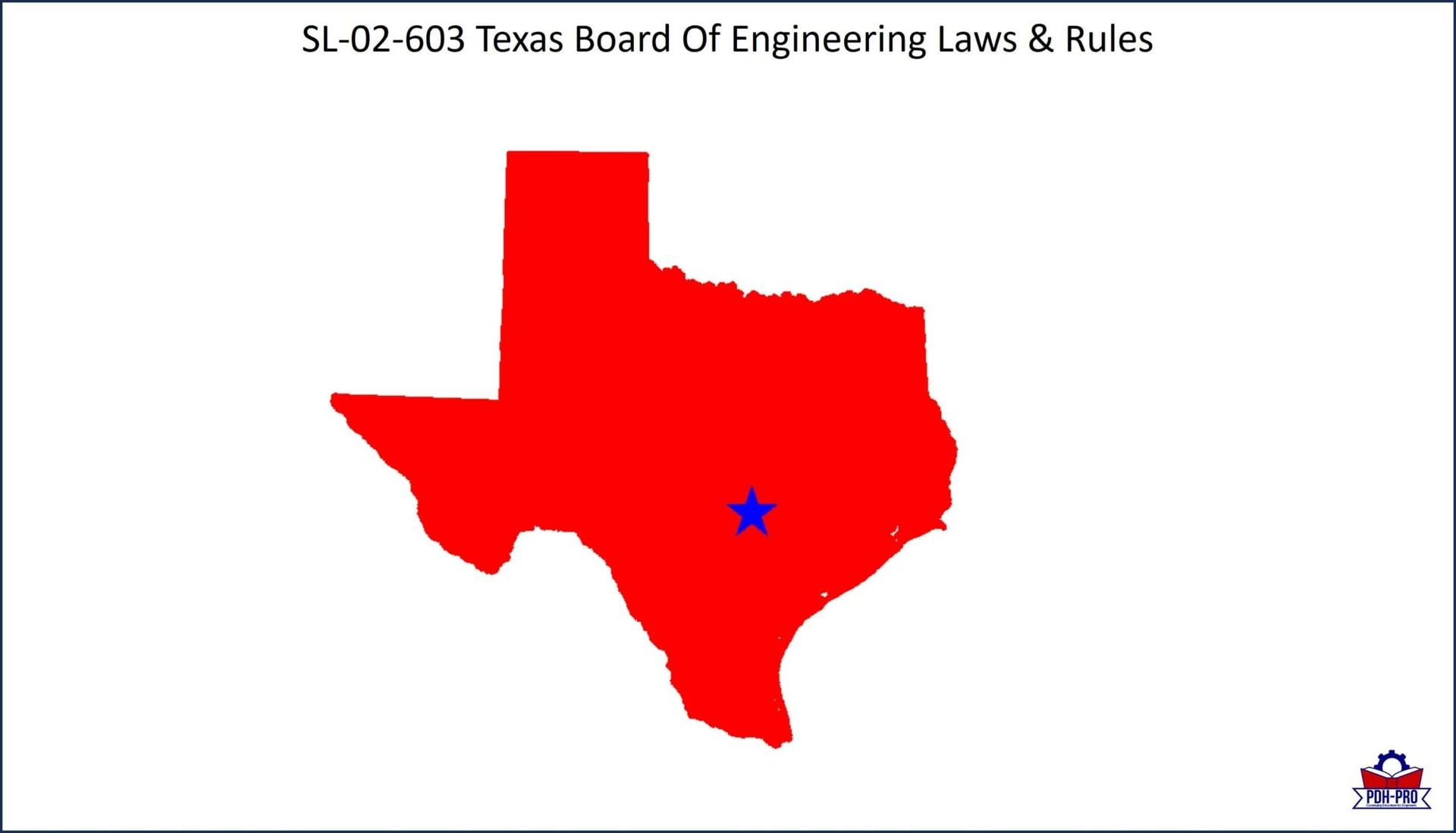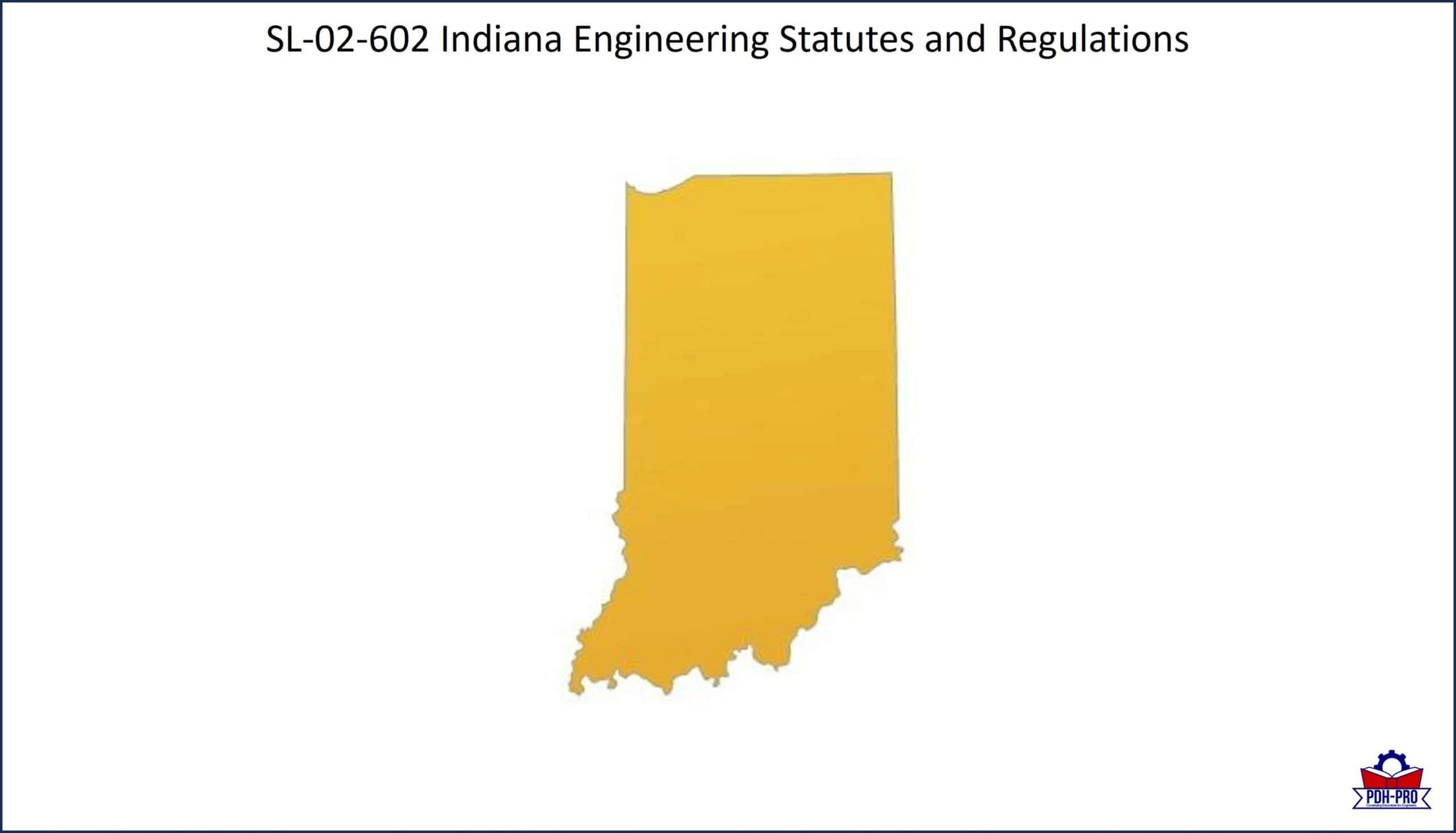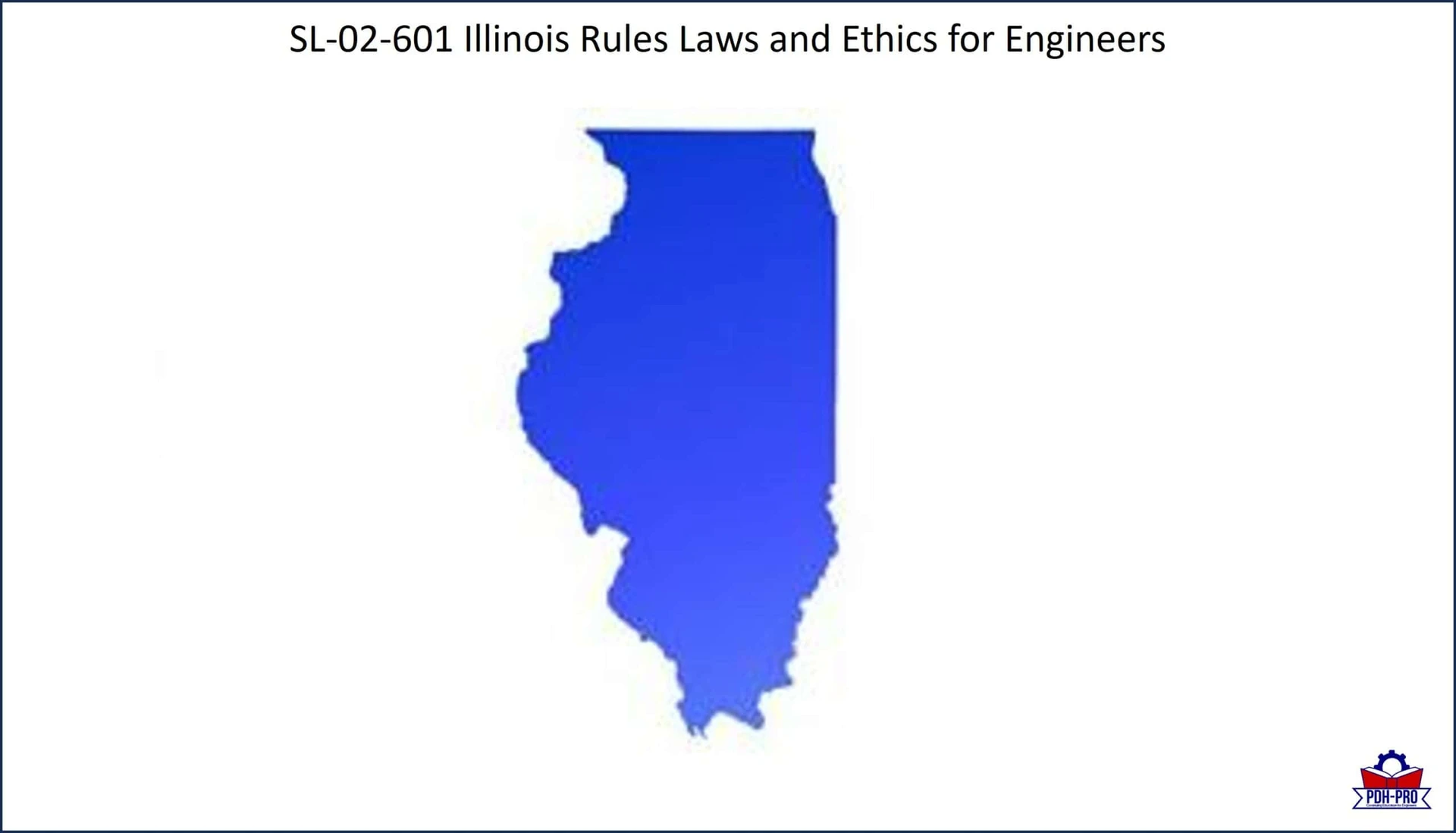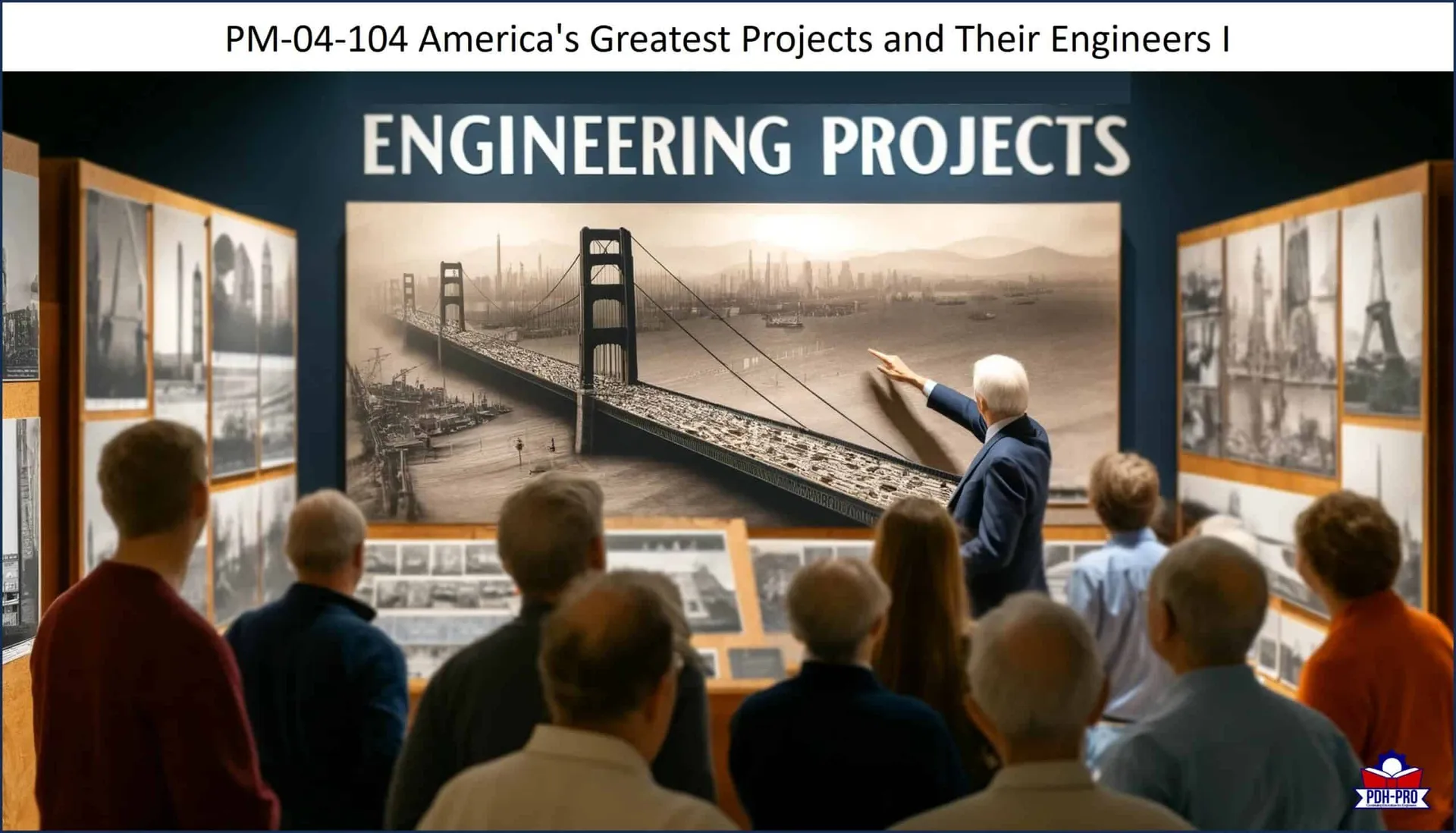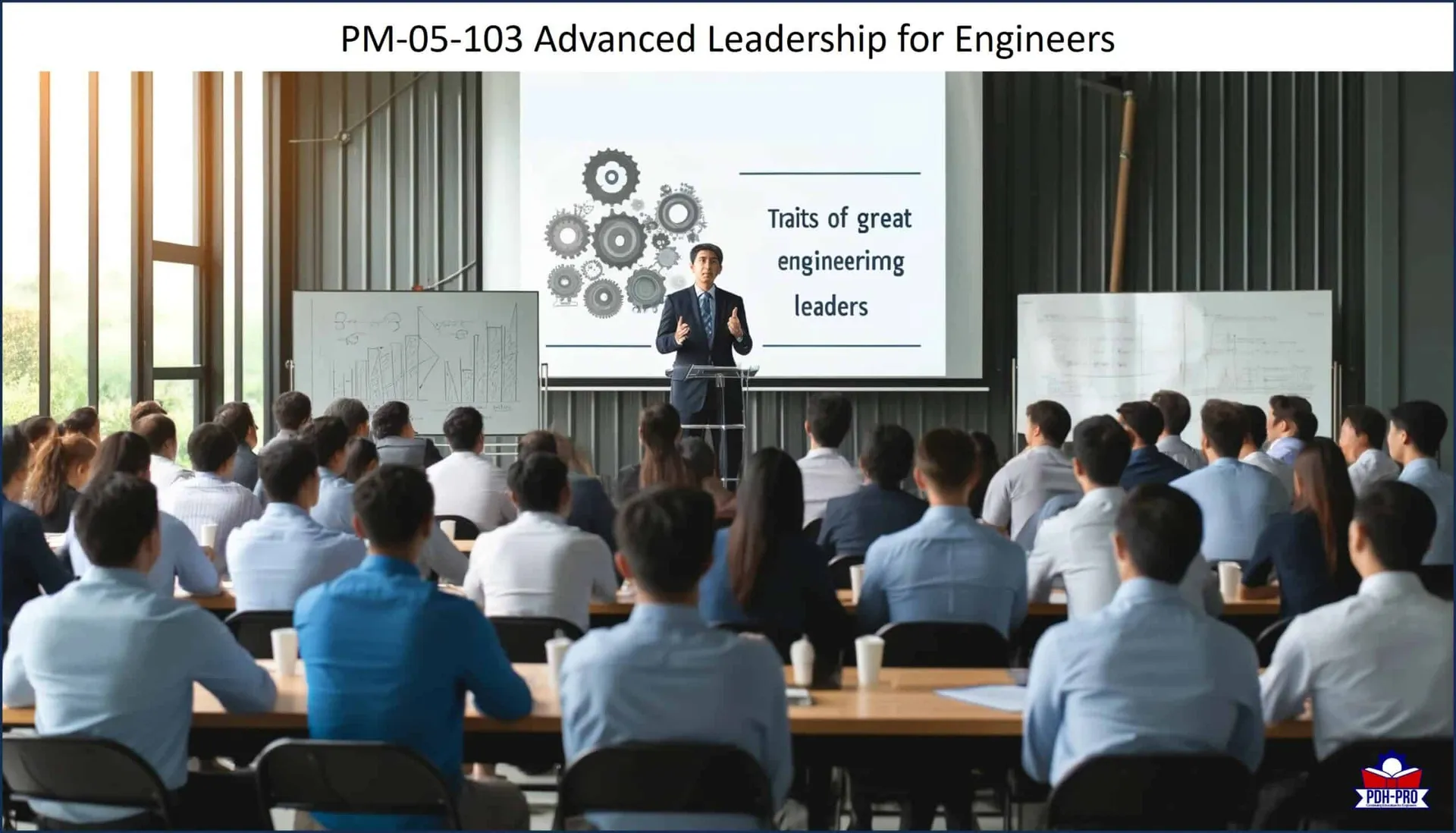
- Home
- Contact Us
- Corporate Solutions
- Webinars
- Packages
- Courses
- Categories
- Live Webinars
- Packages
- Chemical Engineering
- Civil Engineering
- Electrical Engineering
- Petroleum Engineering
- Environmental Engineering
- Geotechnical Engineering
- Mechanical Engineering
- Structural Engineering
- Sustainability
- State Rules and Regulations
- Ethics and Law
- Project Management
- HSSE
- Petroleum Engineering
- Timed & Monitored – Ohio
- On Demand Webinars
- More
Course Full With Both Sidebar
Condimentum Cursus Lorem ParturientInstructorPDH Pro Staff
TypeOnline Course
Price$42
Please sign in first
Not a member?
Please simply create an account before buying/booking any courses.
Create an account for free!
Texas Board Of Engineering Laws & Rules
Texas Board Of Engineering Laws & Rules This two (2) hour PDH course provides the rules and regulations for Engineers registered in Texas as prescribed in Texas Board of Engineering Rules and Laws as of March 15, 2018 plus the main Texas Laws and Rules. It is intended for engineers in all disciplines who want... Learn More
InstructorPDH Pro Staff
TypeOnline Course
Price$21
Please sign in first
Not a member?
Please simply create an account before buying/booking any courses.
Create an account for free!
Indiana Engineering Statutes and Regulations
Indiana Engineering Statutes and Regulations This one (1) hour PDH course provides the rules and regulations for Engineers registered in Indiana as prescribed in a compilation of both the Indiana Code and Indiana Administrative Code. This course is intended for engineers in all disciplines who want to learn more about the rules and regulations for... Learn More
InstructorPDH Pro Staff
TypeOnline Course
Price$63
Please sign in first
Not a member?
Please simply create an account before buying/booking any courses.
Create an account for free!
Illinois Rules Laws and Ethics for Engineers
Illinois Rules Laws and Ethics for Engineers This course provides details of the regulations governing the practice of professional engineers in the State of Illinois. It is intended for engineers in all disciplines who want to learn more about the rules and regulations for practicing engineering in the State of Illinois. An attendee of this... Learn More
InstructorDominic Perrotta
TypeOnline Course
Price$104
Please sign in first
Not a member?
Please simply create an account before buying/booking any courses.
Create an account for free!
America’s Greatest Projects and Their Engineers I
America’s Greatest Projects and Their Engineers I Author: Dominic Perrotta During the past 150 years, Americans have achieved phenomenal success on our way to becoming the greatest nation in the history of the world. Notwithstanding the many inventions that we have created, such as the electric light bulb and the telephone and the airplane and... Learn More
InstructorDominic Perrotta
TypeOnline Course
Price$130
Please sign in first
Not a member?
Please simply create an account before buying/booking any courses.
Create an account for free!
Advanced Leadership for Engineers
Advanced Leadership for Engineers Author: Dominic Perrotta This Advanced Leadership for Engineers will greatly benefit every engineer and technical employee who have aspirations to advance within their companies, or to take their resumes to the next level. This course defines the principles as well as the qualities necessary to assume a leadership role. This course... Learn More
Course Categories
- Chemical Engineering
- Civil Engineering
- Electrical Engineering
- Environmental Engineering
- Ethics and Law
- Geotechnical Engineering
- HSSE
- Live Webinars
- Mechanical Engineering
- On Demand Webinars
- Packages
- Petroleum Engineering
- Project Management
- State Rules and Regulations
- Structural Engineering
- Sustainability
- Timed & Monitored – Ohio
